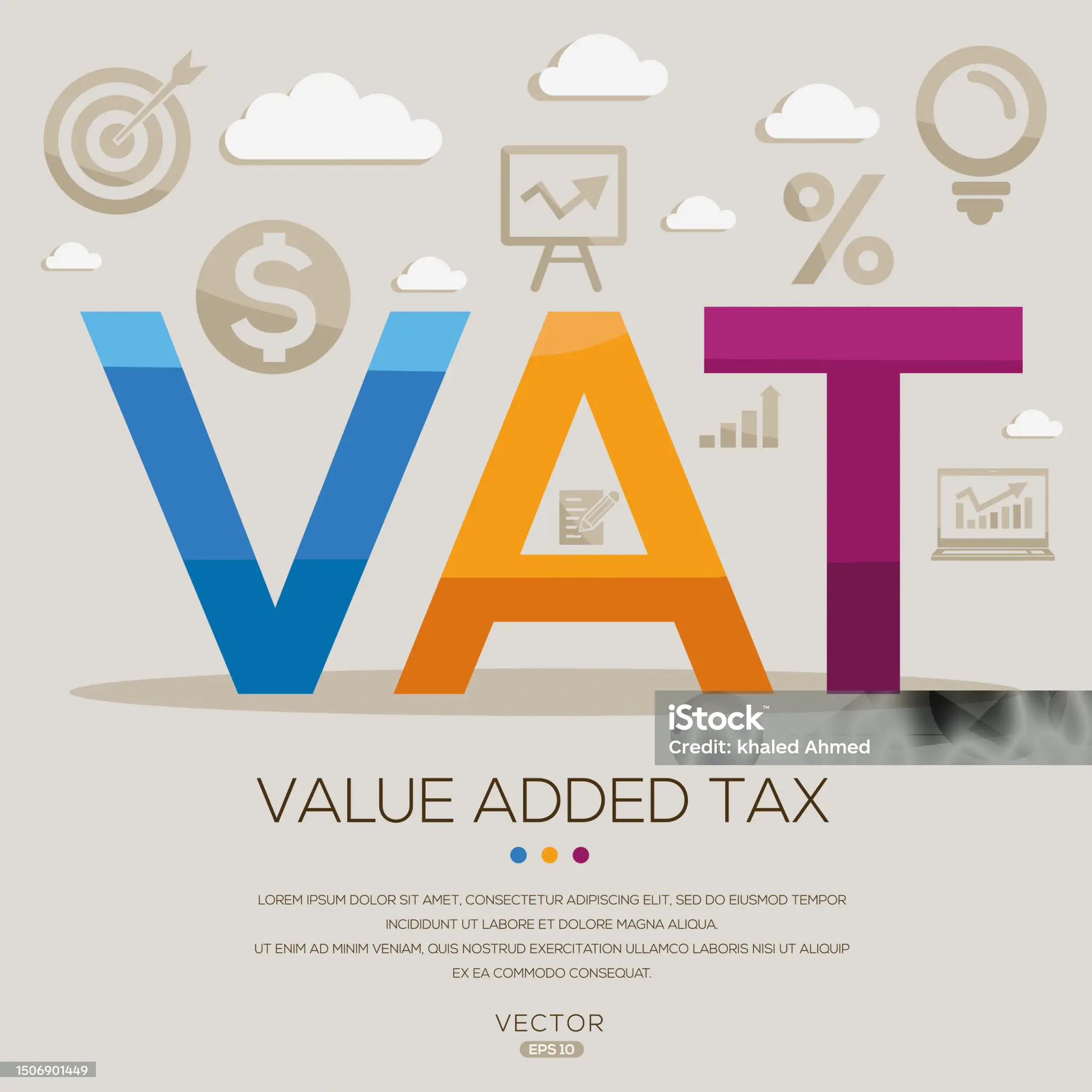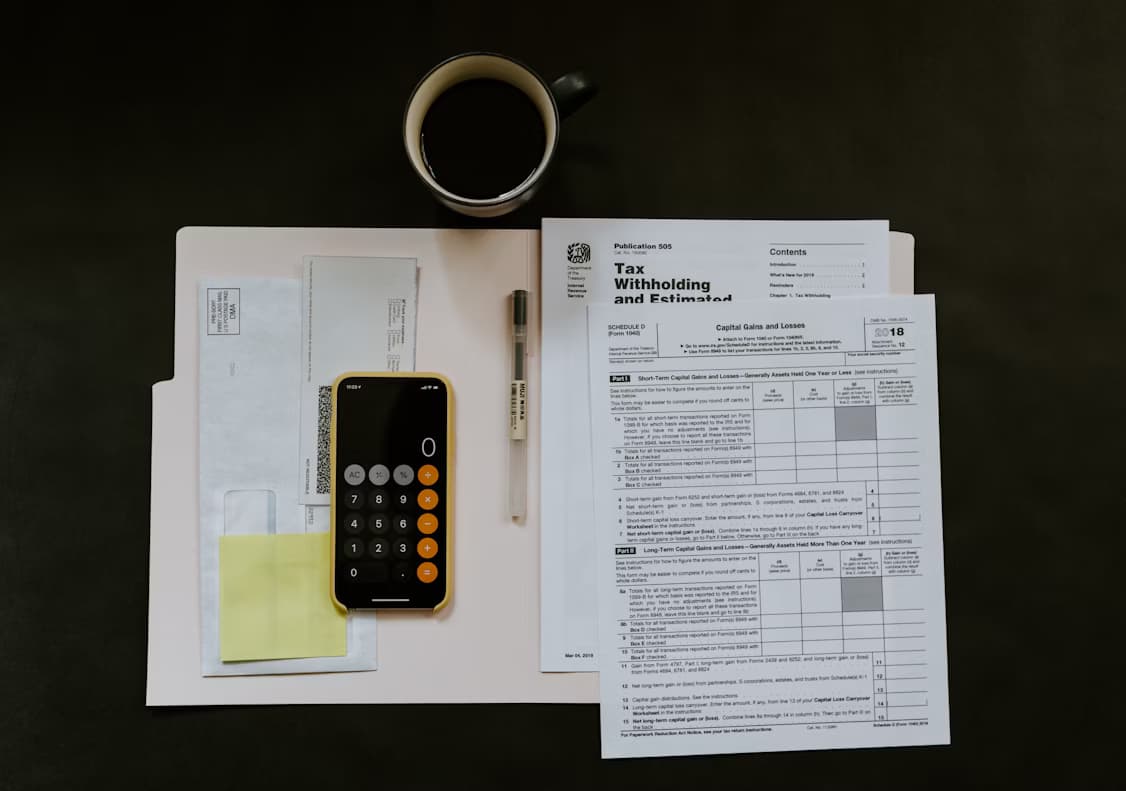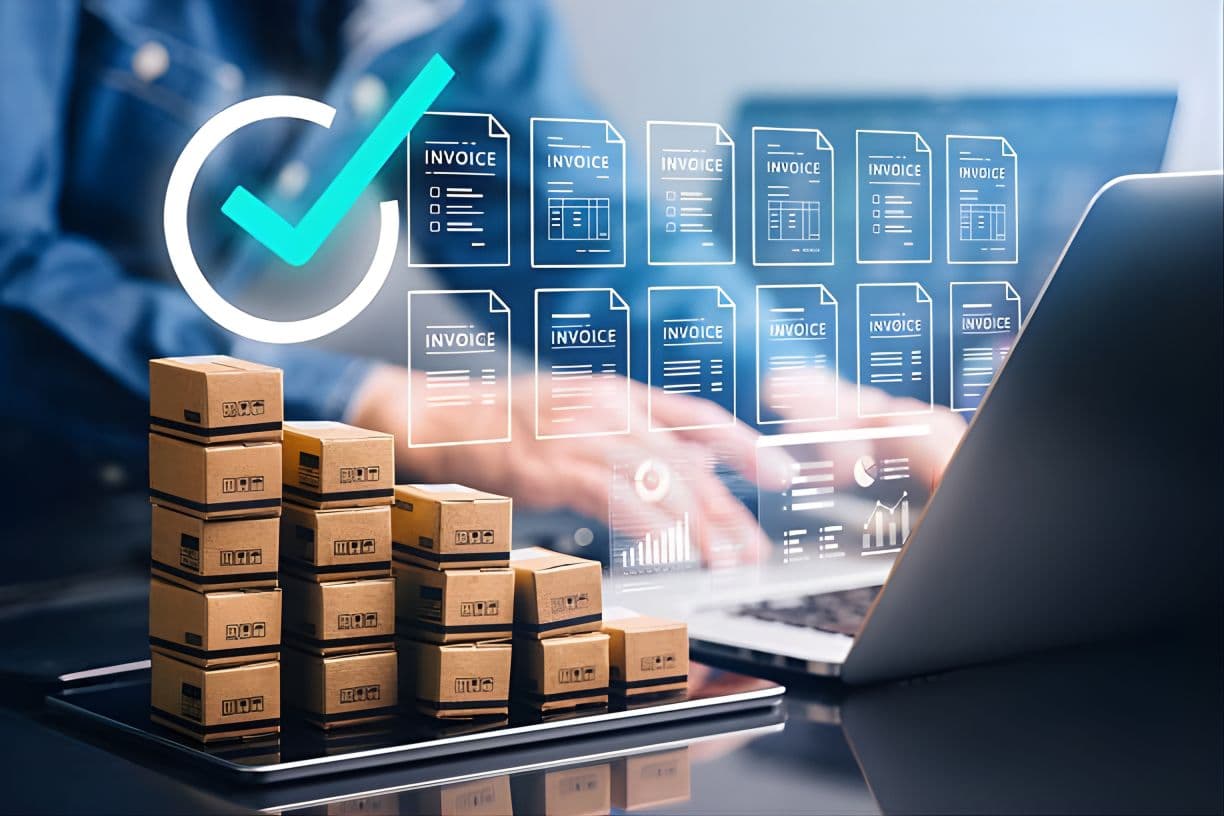Deductible business expenses: maximise your tax deductions

Introduction
As a self-employed professional or SME manager in Switzerland, you pay tax on your net profit. The more legitimate business expenses you deduct, the less tax you pay. Simple in theory, but in practice, many entrepreneurs leave money on the table through lack of knowledge of the rules or fear of getting it wrong.
Can you deduct your phone subscription? Your morning coffee? Mileage expenses for visiting a client? The answer depends on precise criteria defined by the Federal Act on Direct Federal Tax (LIFD). And these criteria are not always obvious to interpret.
This guide presents in a clear and structured manner the deductible expenses for self-employed professionals and Swiss SMEs. You will discover the conditions to be met, the calculations to be made and the pitfalls to avoid. From your home office to your company vehicle, including meal and training expenses, we review each category with concrete and detailed examples. The objective: to enable you to legally optimise your taxation whilst remaining perfectly compliant, without falling into the common errors that we have detailed in our article on accounting management mistakes of self-employed professionals.
📌 Summary (TL;DR)
Deductible business expenses in Switzerland must meet three criteria: be necessary for the activity, justified by accounting documents and proportionate. Home office, vehicle, equipment, phone, training, marketing and professional insurance are deductible under precise conditions. Mixed expenses (private and professional use) require documented allocation. Rigorous documentation and a good understanding of LIFD rules enable legal optimisation of one's tax burden.
📚 Table of contents
- The basic principles of deductible expenses in Switzerland
- The conditions for an expense to be deductible
- Office and workspace
- Vehicle and transport expenses
- Professional equipment and materials
- Meal and catering expenses
- Training and professional development
- Marketing, advertising and communication
- Professional insurance
- Professional services and subcontracting
- Administrative expenses and supplies
- Special cases and pitfalls to avoid
- How to document and organise your deductible expenses
The basic principles of deductible expenses in Switzerland
In Switzerland, deductible expenses are governed by the LIFD (Federal Act on Direct Federal Tax). The fundamental principle: only expenses directly related to your gainful activity can be deducted from your taxable income.
For an expense to be deductible, it must have a clear causal link with your professional activity. Personal or private expenses are excluded, even if you are self-employed.
Self-employed professionals benefit from greater latitude than employees: they can deduct all their justified deductible expenses, whilst employees are limited to specific allowances or deductions.
Documentation remains essential: each expense must be justified by an invoice, receipt or valid proof.
The conditions for an expense to be deductible
Three criteria determine whether an expense is tax deductible in Switzerland:
1. Direct link with professional activity
The expense must be necessary for the exercise of your profession. A graphic designer can deduct Adobe Creative Cloud, but not a personal Netflix subscription.
2. Necessity and economic justification
The expense must be reasonable and proportionate. A luxury vehicle for local deliveries will be questioned by the tax authorities.
3. Documentation and evidence
Keep all your invoices, receipts and supporting documents for a minimum of 10 years. Without proof, no deduction is accepted.
The principle of economic reality prevails: the tax authorities can refuse a deduction if they consider the professional link insufficient or artificial.
Office and workspace
Expenses related to your workplace often represent a significant deduction item. Whether you work from home or in an external office, the rules vary according to your situation.
The key: prove the exclusively professional use of the space and associated charges. The tax authorities are particularly attentive to home offices, where the boundary between private and professional use can be blurred.
Distinguish clearly between the two main situations: the home office (subject to strict conditions) and the rental of commercial space (deductible without restriction if 100% professional use).
Home office: rules and calculations
To deduct a home office, the conditions are strict: you must have a room dedicated exclusively to your professional activity, and no other workspace must be available.
The calculation is made pro rata to the surface area. If your flat is 100 m² and your office 15 m², you can deduct 15% of your rent and charges.
Concrete example:
Monthly rent: 2,000 CHF
Office surface area: 15 m² out of 100 m² (15%)
Monthly deduction: 300 CHF
Annual deduction: 3,600 CHF
Apply the same pro rata to charges (electricity, heating, home insurance). Keep a plan of your accommodation and photos of the office to justify exclusive use.
External office rental and charges
If you rent a commercial office or dedicated space, all expenses are 100% deductible provided the use is exclusively professional.
Deductible items include: rent, rental charges, electricity, heating, water, professional internet, premises insurance and furniture.
Coworking spaces are also deductible: keep your monthly or annual invoices as supporting documents. Some self-employed professionals combine coworking and home office, which can complicate the home deduction (the authorities may consider that another space is available).
Vehicle and transport expenses
The vehicle represents one of the most frequent tax questions among self-employed professionals. The rules are precise and checks frequent.
Deductibility depends entirely on the professional use of the vehicle. If you use your car for both work and private travel, only the professional portion is deductible.
The tax authorities require a detailed logbook to justify the percentage of professional use. Without this documentation, your deductions will be refused or drastically reduced during an audit.
Company vehicle: purchase, leasing and maintenance
The purchase of a company vehicle can be deducted via depreciation (generally over 5 years). Leasing is deductible according to the monthly payments made.
Also deductible: regular maintenance, repairs, tyres, technical inspections, vehicle insurance and motorway vignette.
Mixed use: If you use your car 70% for work and 30% for leisure, a private portion must be allocated to you
Fuel and mileage expenses
Two methods exist for deducting your travel expenses:
1. Actual expenses
Deduct fuel, parking, tolls and motorway according to your professional use. Advantageous method if you drive a lot professionally.
2. Mileage allowance
Approximately 0.70 CHF/km for a car (variable according to cantons). Administrative simplicity, but less advantageous if your actual expenses are high.
Concrete example:
10,000 professional km × 0.70 CHF = 7,000 CHF deductible annually.
Choose the most advantageous method for your situation and maintain it consistently from one year to the next.
Public transport and business travel
SBB subscriptions and public transport are deductible if the use is mainly professional. For a mixed general subscription, apply a reasonable pro rata (often 50-70% accepted).
One-off tickets for client meetings, training or professional events are 100% deductible. Keep all your supporting documents and note the reason for the journey.
Taxis and VTC services (Uber, Bolt) are deductible for justified business travel: client meetings, equipment transport, urgent journeys. Annotate each receipt with the professional context.
Professional equipment and materials
All equipment necessary for your activity is deductible: computers, smartphones, tablets, software, office furniture, machines, tools specific to your profession.
Important distinction:
• Small equipment (< 1,000 CHF): immediate deduction in the year of purchase
• Large investments (> 1,000 CHF): depreciation over several years (3-5 years depending on the equipment)
Examples by sector:
• Graphic designer: MacBook, screen, graphics tablet, Adobe licences
• Craftsperson: tools, machines, safety equipment
• Consultant: laptop, professional phone, business software
For mixed use (professional/private), apply a justified pro rata. A smartphone used 80% for work allows you to deduct 80% of the purchase price and subscription.
Meal and catering expenses
The rules are strict in Switzerland concerning meals. Your daily personal lunches are never deductible, even if you work.
Deductible business meals:
Lunches or dinners with clients, partners or suppliers in a clear professional context. Note on the invoice: the names of participants, the reason for the meeting and the project discussed.
Meals whilst travelling:
If you work away from your usual home/office for professional reasons, meal expenses can be deducted according to cantonal limits (variable, often 15-25 CHF per meal).
Example:
Client lunch: 120 CHF with detailed invoice and annotation = deductible
Your daily sandwich: not deductible
Beware of abuse: tax audits can occur if your catering expenses seem excessive. To avoid errors, consult our guide on the 10 common accounting errors.
Training and professional development
Continuing education directly related to your current activity is deductible: courses, seminars, conferences, professional certifications.
Deductible items include: registration fees, educational materials (books, manuals), travel and accommodation related to training.
Caution: Training to start a new activity or retrain is not deductible. Only professional development in your current field is accepted.
Examples:
• Web developer: advanced React training → deductible
• Graphic designer: commercial photography course → deductible
• IT consultant: training to become a baker → not deductible
Professional books and documentation (specialist journals, subscriptions) are also deductible if they relate to your profession.
Marketing, advertising and communication
All your visibility and professional communication expenses are deductible.
Online presence:
Website (creation and redesign), hosting, domain name, maintenance, SEO.
Advertising:
Google Ads, Meta Ads (Facebook/Instagram), LinkedIn Ads campaigns. Print advertising, billboards, radio or other media.
Physical materials:
Business cards, flyers, brochures, roll-ups, signage.
Networking:
Participation in trade fairs, networking events, subscriptions to professional platforms (LinkedIn Premium).
Visual content:
Professional photographer for your website, products or communication. Videographer for marketing content.
Professional insurance
Insurance related to your professional activity is deductible from taxable income.
Deductible insurance:
• Professional liability insurance (RC Pro): mandatory in certain professions
• Business legal protection
• Loss of earnings (depending on canton and situation)
• Insurance specific to your sector (ten-year guarantee for construction, cyber insurance for IT, etc.)
Special case, social security contributions:
AVS/AI/APG contributions for self-employed professionals are not "deductible expenses" in the classic sense, but they are deductible from taxable income. They therefore reduce your tax base.
Basic health insurance (LAMal) remains a personal charge and is not deductible as a business expense (social deduction possible depending on canton).
Professional services and subcontracting
All fees and external services necessary for your activity are deductible.
Accounting and legal services:
Fees for your fiduciary for bookkeeping, tax and VAT returns. Lawyer's fees for professional matters (contracts, client disputes, etc.). If you are hesitating between managing yourself or delegating, consult our comparison accounting: do it yourself or delegate.
Consultants and experts:
Services from consultants, industry experts, business coaches.
Subcontracting:
External service providers, freelancers to whom you subcontract assignments.
Banking services and software:
Professional banking fees, payment commissions. Subscriptions to business software such as BePaid for your invoicing and payment management.
Administrative expenses and supplies
Small day-to-day administrative expenses are often overlooked, but they accumulate and are fully deductible.
Office supplies:
Paper, pens, envelopes, folders, diaries, post-its, printer consumables.
Postal expenses:
Stamps, registered mail, parcels for client deliveries.
Professional subscriptions:
Software licences, subscriptions to databases or online tools (Dropbox Business, Adobe, etc.).
Professional memberships:
Subscriptions to professional associations, chambers of commerce, professional unions.
Keep all receipts, even for small amounts: accumulated over the year, they represent several hundred deductible francs.
Special cases and pitfalls to avoid
Some expenses seem professional but are not deductible. Here are the common pitfalls.
Clothing:
Generally not deductible, except mandatory uniforms, safety clothing (construction site) or stage costumes (artists). Your office suit remains a personal expense.
Fines and penalties:
Never deductible, even if incurred during a business trip. This includes parking tickets and speeding fines.
Mixed professional/private expenses:
The classic error: deducting 100% of a partially private expense. Always apply a justified and documented pro rata.
Client gifts:
Deductible within strict limits (generally 200-300 CHF per client per year depending on canton). Beyond that, deduction refused.
Errors that trigger audits:
Excessive restaurant expenses, inconsistent deductions, absence of supporting documents. To avoid these errors, read our article on the 10 common errors in accounting management.
How to document and organise your deductible expenses
Good organisation of your supporting documents is essential to defend your deductions in the event of a tax audit.
Mandatory retention:
Keep all your invoices, receipts and supporting documents for a minimum of 10 years. This is a legal obligation in Switzerland.
Filing system:
Organise your documents by category (vehicle, office, equipment, etc.) and by year. Favour digital: scan or photograph each supporting document.
Management tools:
Use software such as BePaid to centralise your supplier invoices, track your expenses and generate exports for your accounting or fiduciary.
Vehicle logbook:
Essential if you deduct car expenses. Note each professional journey with date, mileage, destination and reason.
Annotations:
On each meal or travel invoice, note the professional context: client name, project concerned, reason for the expense.
Audit preparation:
In the event of a tax audit, you must be able to present all your supporting documents quickly. Rigorous documentation avoids reassessments and fines.
Optimising your deductible expenses means reducing your tax burden legally and maximising your profitability. But beware: deductibility rests on three essential pillars: the direct link with professional activity, documented justification and proportionality of amounts.
Home office, vehicle, equipment, training, insurance: each expense category has its specific rules. The most common errors? Mixing private and professional expenses, neglecting documentation or overestimating certain deductions. To avoid these pitfalls, consult our article on the 10 common errors in accounting management.
Good management of deductible expenses begins with rigorous invoicing and precise tracking of your expenses. BePaid allows you to centralise your invoices, track your payments and export your accounting data in a few clicks. Try BePaid free of charge and simplify your administrative management to concentrate on the essential: your activity.


